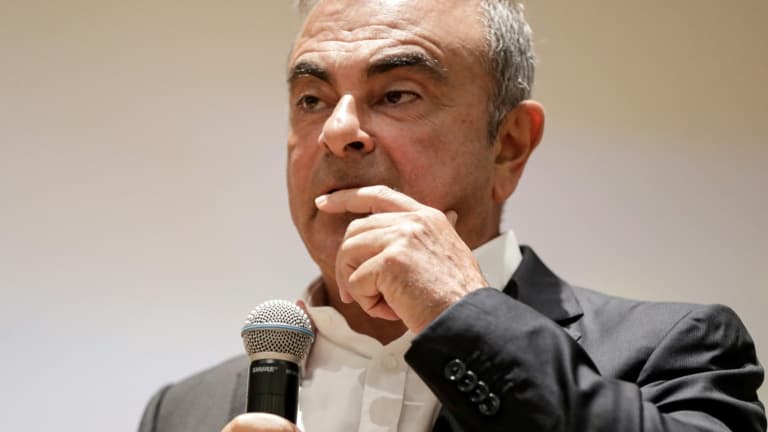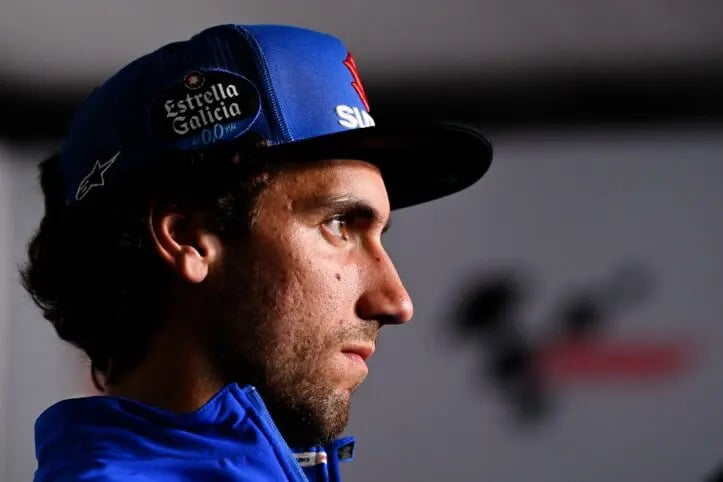Carlos Ghosn is the target of an international arrest warrant issued by France, and a red message from Interpol at Japan’s request. But the chances of him being arrested are slim.
French justice on Thursday issued an international arrest warrant against Carlos Ghosn, former boss of the Renault Nissan alliance (RNBV) as part of an investigation in Nanterre, notably for misuse of company assets, money laundering and corruption.
French detectives are interested in a €15 million payment they believe is suspicious between RNBV and the French automaker’s distributor in Oman, Suhail Bahwan Automobiles (SBA).
But in practice, the chances of Carlos Ghosn being arrested and tried in France are slim. Since his incredible flight from Japan in late 2019, the billionaire has lived in Lebanon, a country of which he is a national because he is French-Lebanese-Brazilian.
A red announcement from Interpol
Carlos Ghosn is already the target of an Interpol red message issued by Japan in 2020. It’s a simple request for arrest. Interpol issues red notices requesting the location and arrest of wanted persons for extradition.
However, the billionaire is protected, because the Lebanese authorities do not extradite their nationals. As long as he does not leave the country, in principle he risks nothing. And he has no reason to do so, as Lebanon has banned him from leaving the country since January 2020, following the publication of the Interpol arrest warrant. His French passport has been confiscated by the authorities.
“Depending on the contents of the file, he will be tried if it is proven that the crimes he is accused of in Japan require legal proceedings in Lebanon,” a source said at the time. World†
No Mutual Aid Agreement between Lebanon and France
The international arrest warrant issued by France, worthy of indictment, is a strong signal sent to Lebanon. But the order is unlikely to be implemented, as France and Lebanon do not have a mutual legal assistance treaty in criminal matters. In concrete terms, nothing obliges the Lebanese authorities to extradite Carlos Ghosn to France.
If this were the case, Carlos Ghosn would then be presented directly to an examining magistrate in Nanterre, who would notify him of the charges against him.
French magistrates have already traveled to Beirut twice to conduct their investigations. Last February, the magistrates of Nanterre heard two witnesses there. And the previous June, with magistrates from Paris, they had proceeded to the free five-day hearing of Carlos Ghosn, for the inquiries directed to him in Nanterre and Paris.




